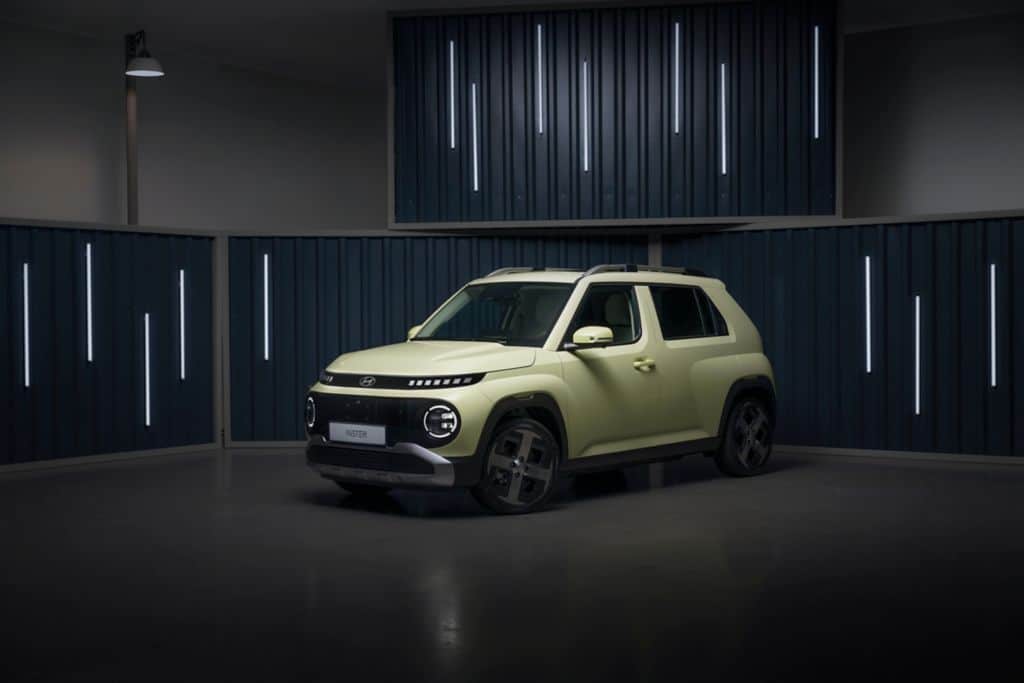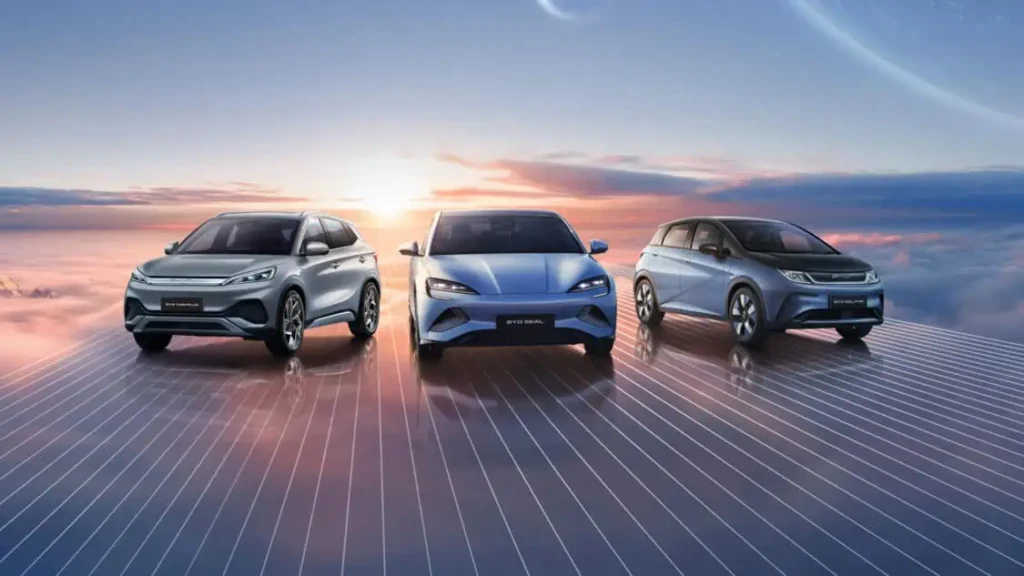Hyundai Launches $18,000 EV in Japan
On January 10, 2025, Hyundai Motor announced it is making a bold move in Japan’s automotive market by introducing the Inster, the country’s cheapest compact electric car. Priced at 2.85 million yen ($18,000), the Inster aims to compete with local giants and foreign EV brands like BYD, which have struggled to gain significant traction in Japan’s traditionally petrol- and hybrid-dominated market.
Hyundai’s low-price strategy is reminiscent of BYD’s approach in 2023 with the Dolphin, which is priced at 3.63 million yen. The Inster, originally launched in South Korea as the Casper Electric and debuted in Europe last year, is set to hit the Japanese market in May 2025. This move underscores Hyundai’s push to make electric cars more accessible to a broader range of consumers in a country where EV adoption has been relatively slow.

In Japan’s ultra-compact “kei car” category, Nissan’s Sakura is currently the most popular electric vehicle, priced at 2.60 million yen. However, even with its position as a top EV, the Sakura’s sales still struggled, with fewer than 23,000 units sold in 2024—a drop of nearly 40% from the previous year. This highlights the slow uptake of EVs in Japan’s passenger car market, which sees about 4 million vehicles sold annually.
Hyundai, for instance, sold only 607 vehicles in Japan last year, while BYD managed 2,223 units. These numbers underscore the challenges foreign EV makers face in penetrating a market where traditional petrol and hybrid vehicles still dominate. The limited adoption of EVs in Japan suggests that more efforts, like Hyundai’s competitive pricing with the Inster, may be necessary to boost EV sales in the region.
Hyundai Mobility Japan CEO Toshiyuki Shimegi said: “Inster is our core product to win Japanese customers’ recognition,” adding that it is expected to help Hyundai meet its goal of boosting Japan sales tenfold in the next five years.
Japan’s Total EV Sales Fell 33% in 2024, Its First Year-Over-Year Decline in Four Years
In 2024, electric vehicle (EV) sales in Japan took a hit, falling by 33% to just under 60,000 units. This marked the first decline in four years. The drop can be attributed to several factors, including reduced demand for domestic EV brands and a significant decline in the sales of Nissan’s popular Sakura model, which had been a key player in the market. Despite the growing global interest in EVs, Japan’s market has faced challenges in fully embracing the shift to electric mobility, especially with traditional automakers like Toyota and Honda still dominating.
BYD has made a remarkable impact in Japan’s electric vehicle market, outselling Toyota in EV sales in 2024. The Chinese automaker, known for its low-cost EVs, introduced its first electric model in Japan, the Atto 3, in early 2023. Starting at around $30,000, this SUV competes directly with popular domestic models like the Toyota RAV4 and Honda CR-V, as well as other EVs like the Toyota bZ4X and Nissan Ariya.
In its first full year of sales, BYD sold 2,223 electric vehicles in Japan, surpassing Toyota, which sold just 2,038 EVs in its home market. This is a significant achievement considering Toyota’s longstanding dominance in Japan’s automotive market, highlighting how quickly BYD is gaining ground in overseas markets with its affordable and competitive electric offerings.

BYD has been making significant strides in Japan, with its electric vehicle (EV) sales up 54% in 2024 compared to 2023, while Toyota saw a 30% drop in its EV sales year-over-year. Since entering the Japanese market in 2023, BYD has introduced several popular models, including the Dolphin hatchback and the Seal sedan.
The Dolphin, starting at just 2.99 million yen ($19,000), competes with top-selling domestic cars like the Toyota Prius and Nissan LEAF. The Seal, which launched in June 2024, is priced from 5.28 million yen ($33,500). It became the top-selling imported EV in Japan by August.
In 2025, BYD plans to intensify its presence in Japan with the launch of the Sealion 07, a smart mid-size electric SUV. Meanwhile, Nissan remains the market leader with a roughly 50% share, despite a significant drop in LEAF sales, which fell by nearly 50% to 30,749 units. Toyota, despite a 10% increase in bZ4X sales, sold only 1,012 units of the electric SUV in 2024, priced at 5.5 million yen ($35,000). With these developments, BYD is ramping up competition and pushing other automakers to keep pace in Japan’s evolving EV market.
EVinfo.net’s Take
It is interesting that Japan, once a leader of the global automotive industry, has fallen far behind China in EV production and adoption, similar to the slow EV progress of the United States. Japan’s automakers, most notably Toyota, moved too slowly on producing EVs, and offer too few competitive battery electric vehicle (BEV) models. This, along with a strong desire by Japanese buyers to support domestic models, led to 2024’s EV sales decline. The $1,800 Hyundai Inster is an example of how EVs can be offered at lower prices than ICE models, and this trend will reach the US, setting off America’s mass EV adoption, which is coming soon.

Electric Vehicle Marketing Consultant, Writer and Editor. Publisher EVinfo.net.
Services